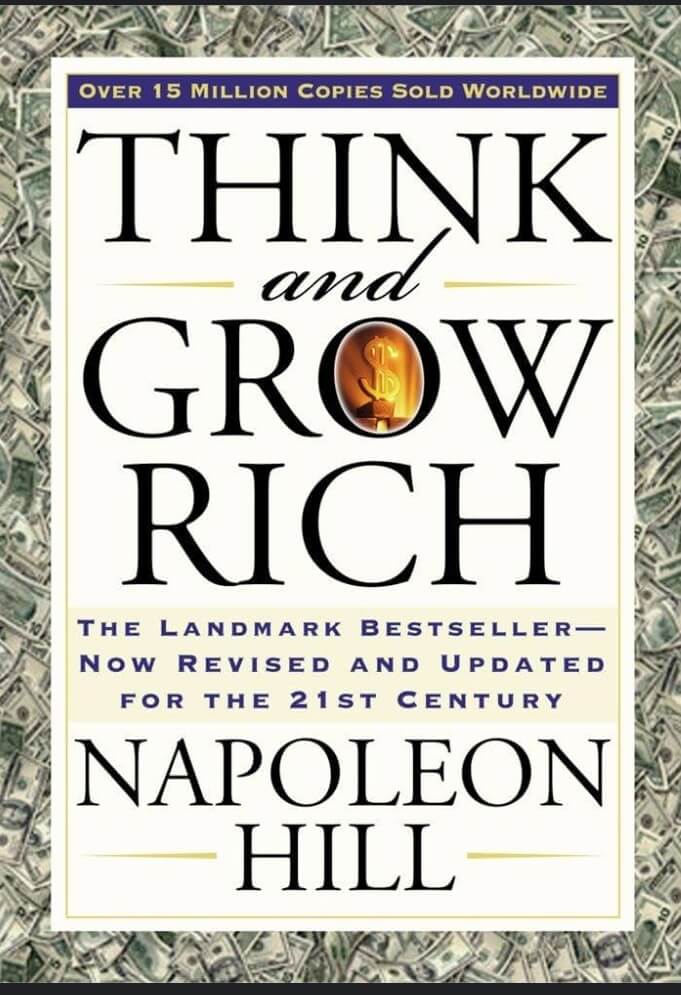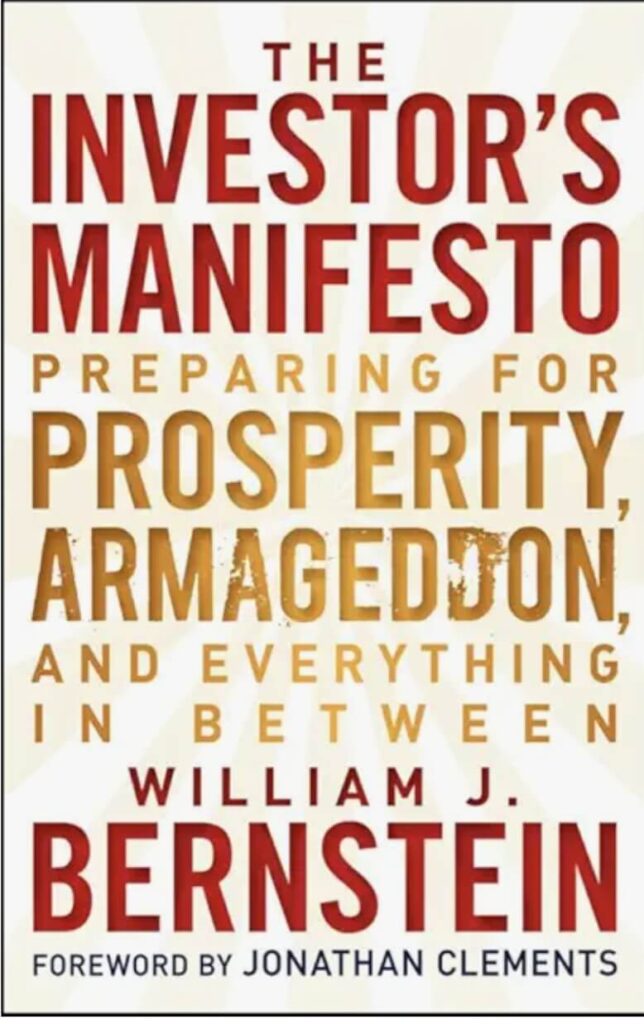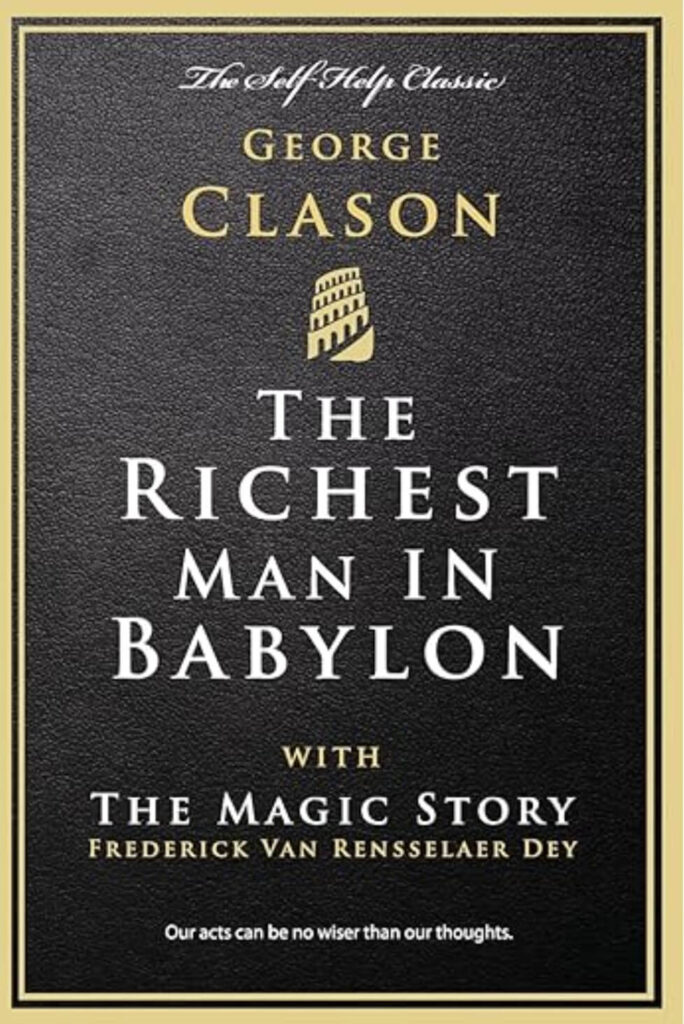The Timeless Self-Help Classic That Still Divides Readers
🎯 Introduction: A Legendary Book with a Controversial Legacy
First published in 1937, Think and Grow Rich by Napoleon Hill is one of the most iconic self-help books of all time. Lauded by motivational speakers and entrepreneurs, and cited by everyone from Tony Robbins to Oprah Winfrey, the book has sold over 100 million copies and is credited with helping countless readers transform their mindset.
Yet, beneath its fame lies a polarizing reality. While some view it as a blueprint for personal empowerment, others critique it for pseudoscientific claims, vague promises, and a lack of empirical support. This review takes a critical but fair look at the enduring allure — and limitations — of Hill’s most famous work.
🧠 Core Philosophy: Thoughts Become Things
At the heart of Think and Grow Rich is Hill’s central thesis: “Whatever the mind can conceive and believe, it can achieve.” Hill argues that success — financial and otherwise — begins with a definite purpose and unshakable belief. The book outlines a 13-step formula to achieve riches, including desire, faith, autosuggestion, specialized knowledge, and persistence.
Rather than focusing on technical business knowledge or concrete investment strategies, Hill emphasizes mental conditioning, affirmations, and visualization as the keys to unlocking wealth.
“Riches begin in the form of thought. The amount is limited only by the person in whose mind the thought is put into motion.”
This is an empowering idea — but also a dangerously simplistic one.
🌀 The Law of Attraction — Before It Had a Name
Decades before The Secret or the modern “manifestation” craze, Hill promoted ideas that resemble the Law of Attraction: that thinking positively and visualizing success can cause the universe to align in your favor.
However, Hill never clearly explains the mechanism by which thoughts turn into money. While he references “infinite intelligence” and the “ether,” these terms are left ambiguous and mystical, offering little in the way of actionable evidence.
This spiritual ambiguity is one of the book’s most divisive traits. Some readers find it uplifting. Others find it intellectually flimsy.
💸 The 13 Principles: Insightful or Incomplete?
Hill’s 13 principles include important ideas like:
⦁ Desire: A burning obsession with your goal.
⦁ Faith: Belief in your success before it materializes.
⦁ Persistence: The ability to keep going in the face of failure.
⦁ Mastermind Group: Surrounding yourself with like-minded people.
These are undeniably valuable traits for success. But the book offers little differentiation between causation and correlation. Hill interviewed dozens of successful men (notably no women), including Henry Ford and Thomas Edison, and distilled their common attitudes — but this retrospective analysis lacks rigor.
There’s no discussion of survivorship bias: perhaps the thousands who had desire and persistence but didn’t “get rich” weren’t interviewed because they failed.
🔍 What Readers Love (Based on Positive Reviews)
✅ 1. Motivational Power
Hill’s writing can be electrifying. Many readers cite it as the book that changed their life, gave them direction, or helped them persevere through adversity. The blend of personal accountability and hope resonates deeply with those in difficult circumstances.
✅ 2. Focus on Mindset
Before Carol Dweck’s “growth mindset” or modern behavioral psychology, Hill championed the role of belief and self-concept. He understood — intuitively if not empirically — that mindset is a key ingredient to achievement.
✅ 3. Legendary Influence
Hill’s ideas have echoed through modern entrepreneurship culture. Figures like Bob Proctor, Les Brown, and even corporate coaches trace their philosophies back to this book. It’s a foundational text in the personal development canon.
❌ Where It Falls Short (Based on Critical Reviews)
❌ 1. Lack of Evidence
Hill’s core claims are not backed by research or data. His “studies” were anecdotal interviews with successful businessmen, and there’s no mention of sample size, controls, or failures. In today’s world of evidence-based self-help, this raises red flags.
❌ 2. Pseudoscientific Language
References to “ether,” “sixth sense,” and “cosmic habitforce” give the book a mystical tone that feels out of step with practical advice. It veers into the metaphysical without grounding these ideas in anything measurable.
“The subconscious mind is more powerful than all the conscious minds in the world combined.”
— An example of Hill’s sweeping generalizations.
❌ 3. Outdated Social Norms
The book is a product of its time — and it shows. Hill refers exclusively to men and uses examples that are steeped in 1930s patriarchal norms. Women are absent except as helpers or muses. Today’s readers may find this off-putting or exclusionary.
❌ 4. Unrealistic Optimism
Perhaps the most troubling flaw is the implication that poverty is a mindset. This ignores structural inequality, access to education, healthcare, or systemic barriers. Telling readers they’re poor because they lack “faith” can verge on victim-blaming.
🧩 Deeper Analysis: Why This Book Still Resonates
Despite its flaws, Think and Grow Rich continues to thrive because it taps into timeless human desires — to be more, to rise above, to believe that our thoughts matter. In a world that often feels random or rigged, Hill’s message offers a sense of control.
His belief in the power of definite purpose and autosuggestion foreshadowed today’s habit-change science, even if he lacked the tools to prove it.
Moreover, the book’s popularity underscores a key lesson: people don’t just want strategies — they want hope.
⭐ Final Verdict: ★★★☆☆ (3/5)
Think and Grow Rich is a historic and influential book, but not an infallible one. It excels as a motivational manifesto, urging readers to define their goals and believe in themselves. But it falters when presenting its philosophy as a universal law without critical nuance or empirical support.
Who Should Read It:
⦁ Aspiring entrepreneurs seeking motivation
⦁ Readers interested in the roots of personal development
⦁ Fans of Law of Attraction or mindset-driven success literature
Who Might Want to Skip It:
⦁ Evidence-based thinkers
⦁ Readers looking for financial strategies, not affirmations
⦁ Those sensitive to outdated gender roles or exaggerated claims
“Read it for inspiration — but not instruction. Believe in yourself — but don’t believe everything Napoleon Hill says.”




